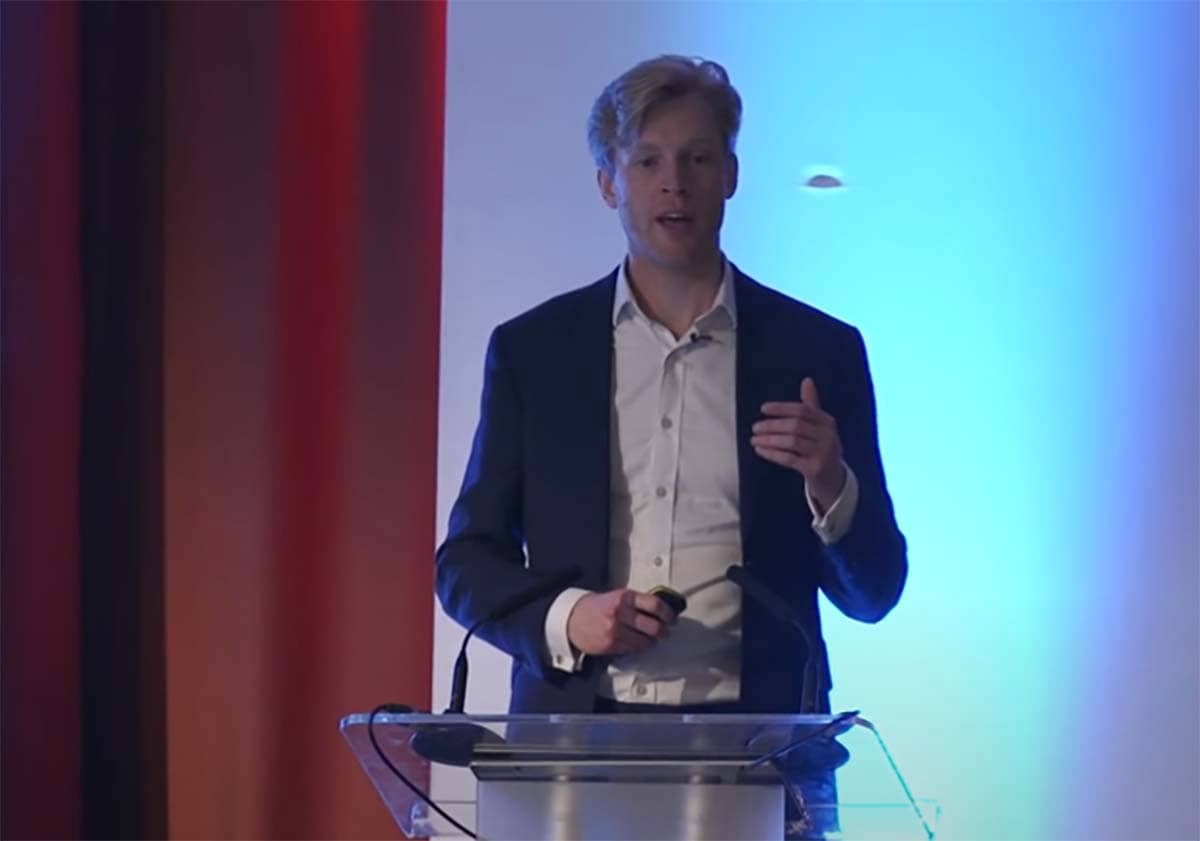Our story so far

The kindling
- Two years into his philosophy PhD, Michael gave a talk on the best ways to improve global happiness at EA Global: London.
- He argued that philanthropists and policymakers have overlooked the social science research on happiness and, as a result, important global priorities such as mental health and chronic pain have been unduly neglected.
- The talk generated little response. Michael realised that many people are sceptical, or at least unfamiliar, with the idea that we can measure subjective experiences in a scientifically valid way.

The spark
- Michael addressed theoretical concerns about the nature and measurement of wellbeing in a talk at EAGxNetherlands.
- He argued that impact should be measured using subjective wellbeing questions such as “Overall, how satisfied are you with your life, nowadays?” (0 – 10) rather than relying on objective indicators of health and wealth.
- This did spark interest. A group of volunteers began the Mental Health Programme Evaluation Project to find the best charities working on mental health in low-income countries.

Incubation
- We announced our official launch as an organisation in June.
- Michael completed his PhD and joined the Charity Entrepreneurship incubation program.
- Michael gave talks on measuring and maximising what matters in Singapore and Australia.

The groundwork
- We published a scoping report on pain and a meta-analysis showing that cash transfers have a small but significant effect on subjective wellbeing.
- We estimated the moral weights of averting deaths and reducing poverty using WELLBYs.
- We published working papers on the plausibility of life satisfaction theories and the cardinality of subjective scales.

Making comparisons
- We published our second scoping report, this time on mental health.
- We compared the cost-effectiveness of cash transfers and psychotherapy in terms of subjective wellbeing.
- We ran our first summer research fellowship with six fellows.

Phase 1 completed
- Our cash transfers meta-analysis was published in Nature Human Behaviour
- We completed the first phase of our research agenda, evaluating four promising interventions in terms of wellbeing: cash transfers, psychotherapy, deworming pills, and antimalarial bednets.
- In November, we published our first annual charity recommendation. Our current top charity is StrongMinds, a non-profit that is scaling up effective depression treatment for women in Uganda and Zambia.
*Due to internal team changes and evolving strategies, we’re merging the 2022 and 2023 Annual Reviews to accurately reflect our progress during this time. We expect to release a report covering 2022-3 in early 2024*

Research refinement
- Having made bold, important claims, we wanted to further improve our rigour and double-check our analyses, which we did in too many ways to state here.
- As a result of our revisions, we concluded that StrongMinds was on something of a par with the Against Malaria Foundation (which provides life-saving bednets) and recommended both.
- We also added one promising charity, Friendship Bench. We believe it could be as or more cost-effective than our two top charities, but we refrain from giving it our top recommendation until we have completed further research

What's next?
HLI is evolving from its academic roots to engage more broadly with philanthropy and policy-making. As mental health and wellbeing philanthropy is still emerging, HLI can lead by example, using WELLBYs to optimise impact evaluations for the sector.
Advising high-net-worth individuals also offers significant impact potential and we have developed a pooled philanthropic fund which launched in late 2023. This fund enhances HLI’s value, supporting discovery, evaluation, recommendation, and disbursements.
Our research agenda outlines our specific plans for 2023-2024.
